First published on 15 May 2020, updated on 17 September 2023
A Passionate Call to Let Nature Be Our Teacher to Empower us to
Co-create a Better World and a Better Life for All
Education Reborn
Turning dream into vision
Inspired by Nature: My unfolding dream of the future
A Vision of What and How Education Could Be
‘Inhaling All the Forces of Nature’
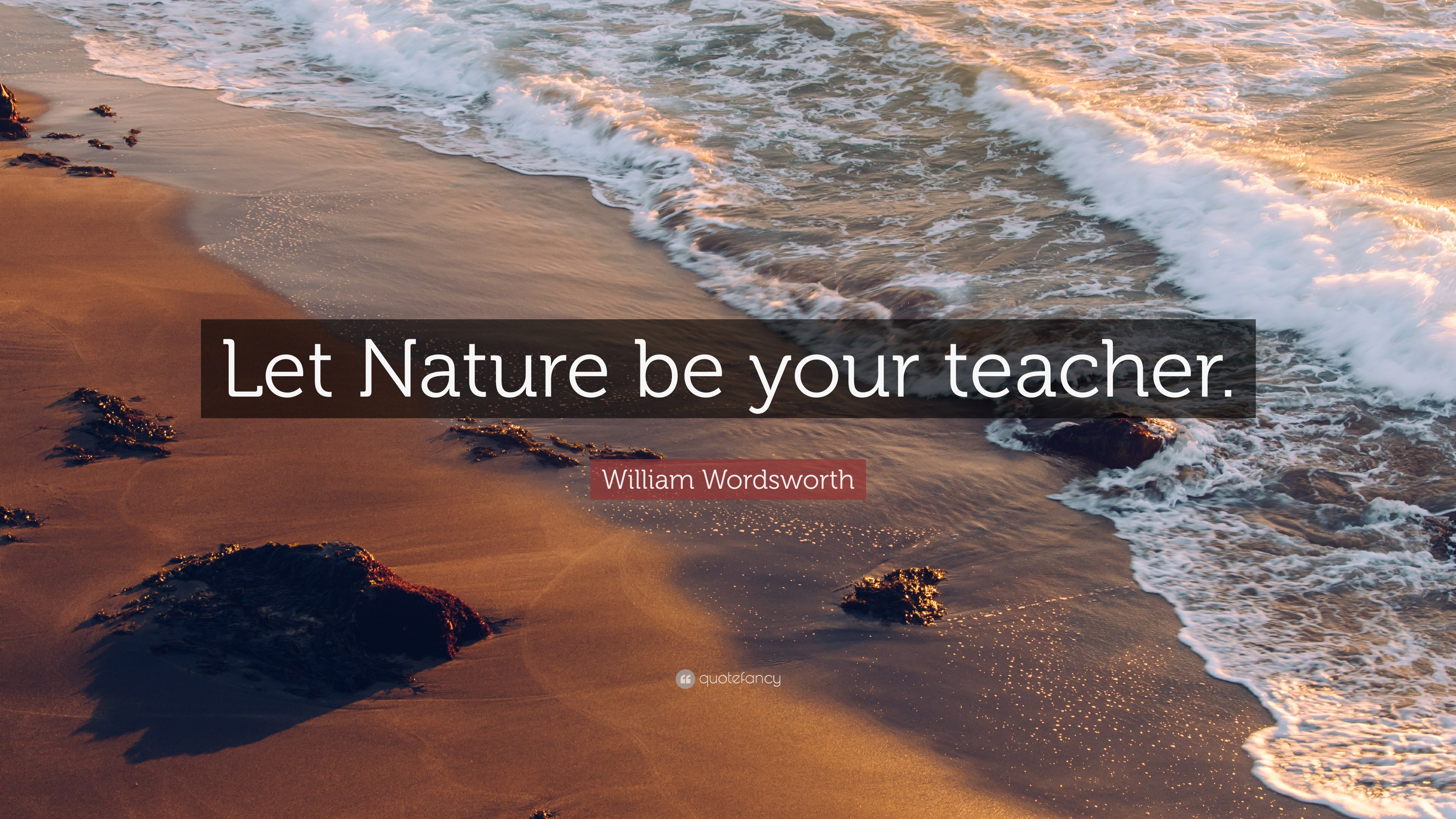
A Time to Rethink What is Valuable, What We Teach, What We Learn, How We Live and What For
In these very troubled times, crisis after crisis, we need to think and think very deeply, what the answers might be and where the solutions may come from. To my mind, as ever before, the answers are in Education, Education and Education. But not the education that we have today, the neoliberal, market-based and values-less. We need an education for change, embedded in optimism, hope, collaboration, cooperation and above all, an education guided by the everlasting values of Mother Nature, beauty, wisdom, resilience, regeneration, sustainability and resurrection. Carpe Diem!
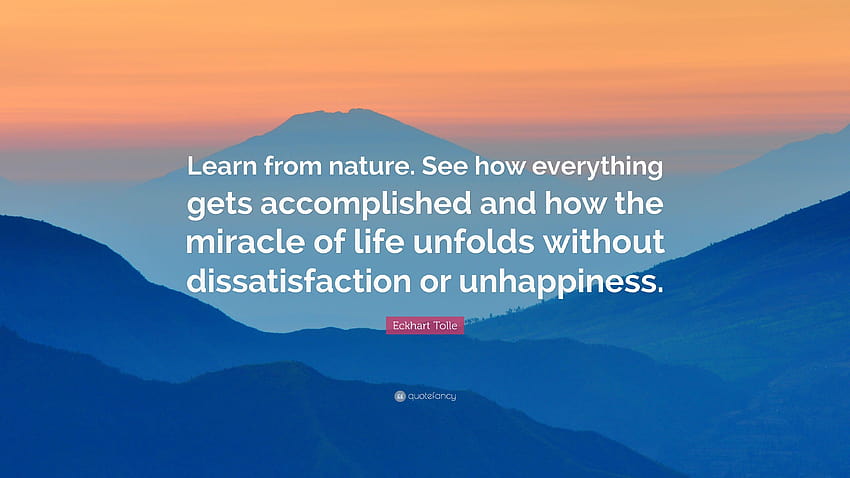
‘We depend on nature not only for our physical survival. We also need nature to show us the way home, the way out of the prison of our own minds. We got lost in doing, thinking, remembering, anticipating - lost in a maze of complexity and a world of problems.
‘We have forgotten what rocks, plants, and animals still know. We have forgotten how to be - to be still, to be ourselves, to be where life is: Here and Now.
‘Whenever you bring your attention to anything natural, anything that has come into existence without human intervention, you step out of the prison of conceptualized thinking and, to some extent, participate in the state of connectedness with Being in which everything natural still exists.’- Excerpt from "The Power of Now" by Eckhart Tolle
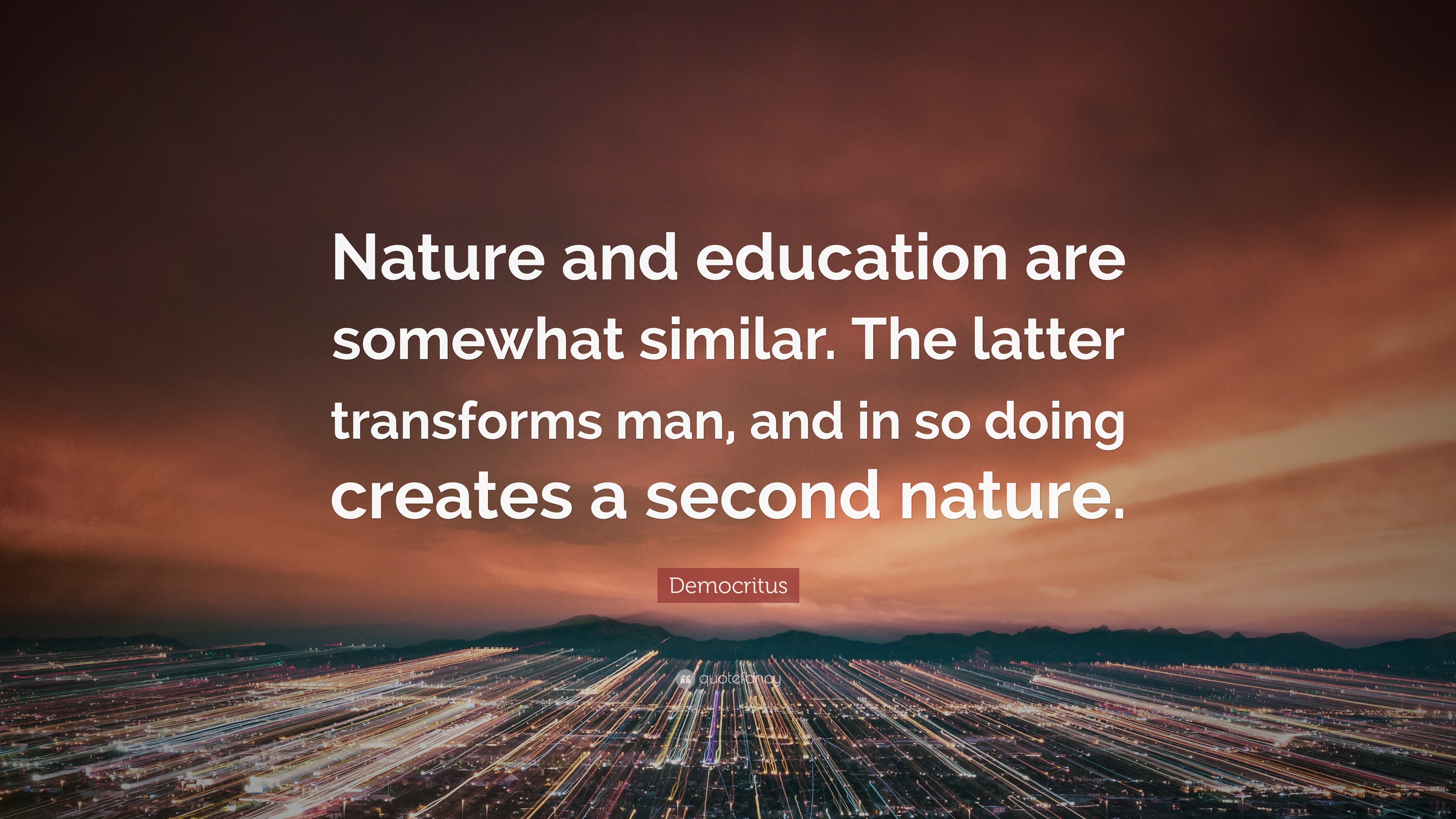
‘Nature is rich with "wealth"—knowledge, wisdom, understanding—and is ready and willing to "bless" human hearts and minds, if only people are ready and willing to learn. That means rejecting the desire to "dissect" everything, to scientifically or academically process “the beauteous forms of things” and, in doing so, destroy them. Instead, the speaker says, people should move through the world with a sense of humility and openness, looking on and taking in whatever the natural world presents them.’-LitCharts
“Books! 'tis a dull and endless strife:
Come, hear the woodland linnet,
How sweet his music! on my life,
There's more of wisdom in it.
“And hark! how blithe the throstle sings!
He, too, is no mean preacher:
Come forth into the light of things,
Let Nature be your teacher.”- William Wordsworth
“After you have exhausted what there is in business, politics, conviviality, love, and so on — have found that none of these finally satisfy, or permanently wear — what remains? Nature remains; to bring out from their torpid recesses, the affinities of a man or woman with the open air, the trees, fields, the changes of seasons — the sun by day and the stars of heaven by night.”-Walt Whitman
“I believe natural beauty has a necessary place in the spiritual development of any individual or any society. I believe that whenever we destroy beauty, or whenever we substitute something man-made and artificial for a natural feature of the earth, we have retarded some part of man’s spiritual growth.”-Rachel Carson
“The earth and the growth of it and the life of it! If I could but say or show how I love it!
“O me! O me! How I love the earth, and the seasons, and weather, and all things that deal with it, and all that grows out of it, — as this has done!”- Words from William Morris 'News from Nowhere'
'All creatures of Earth are looking to us for their destiny. Among these are our children and grandchildren, who depend on our decisions for the sustenance and flourishing of the life systems of the planet.This remains one of our primary challenges in the twenty first century.”-Father Thomas Berry, Evening Thoughts
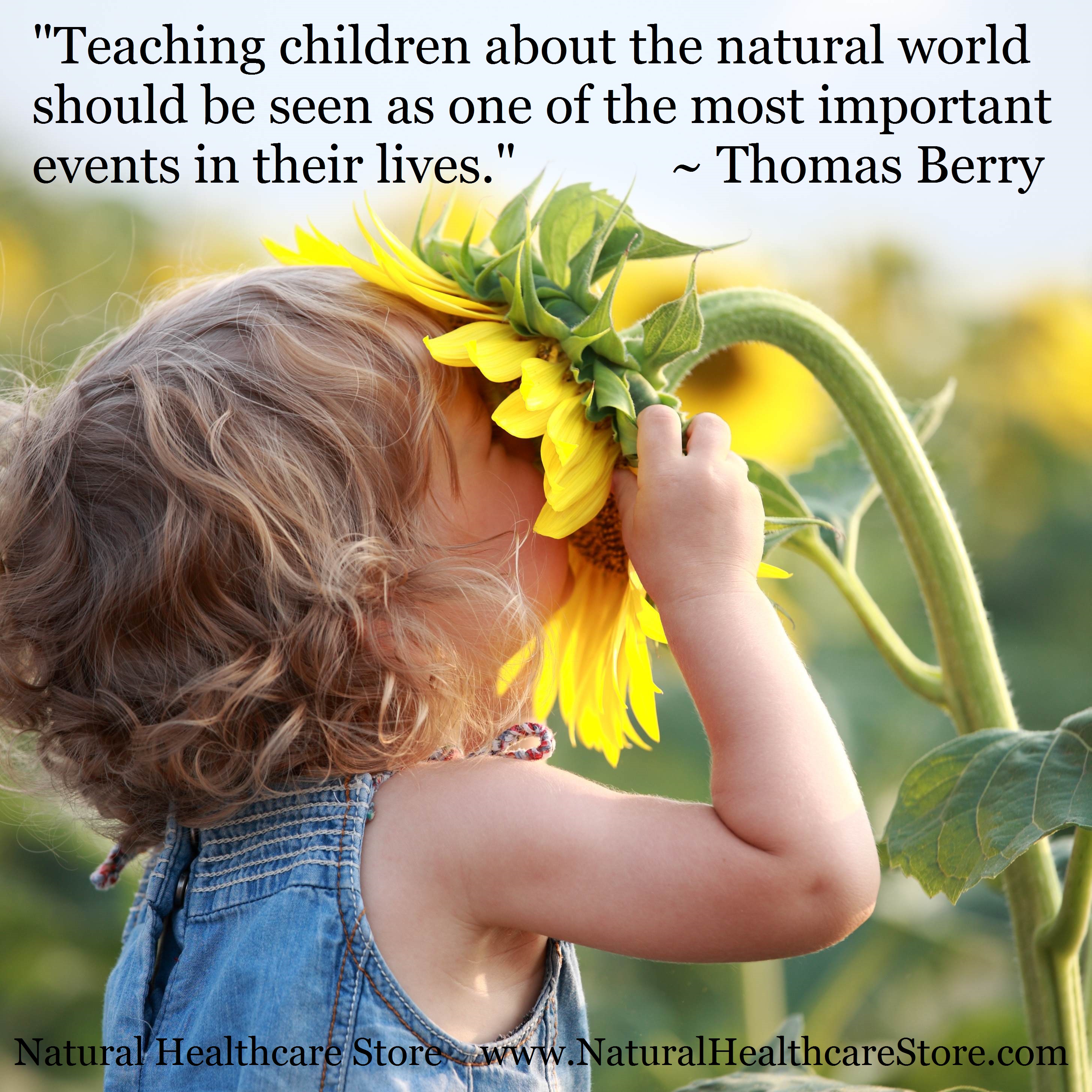
‘We must restore our largely broken relationship with nature if we are to ensure the planet’s future – and our own…If our civilisation is to survive and thrive, we must shift our collective perspective away from being primarily a self-centred species, with demands that must be met and interests that must be served, to seeing ourselves as part of a wider natural system in which we have responsibilities towards other lifeforms. This is not only an ethical agenda but a question of survival, for if we wish to continue living on Earth, our life-support systems must be protected and repaired…One way to address the crisis of perception is to foster reconnection with the web of life that sustains us. For many people, especially those in urban areas, meaningful contact with nature can be rare. Solutions can be found, for example, through teaching about nature in schools…’-Tony Juniper, chair of Natural England.
‘Coronavirus shows us it’s time to rethink everything. Let's start with education.The pandemic is a tough lesson in the workings of the natural world – and proves how vital a knowledge of ecology really is.’- George Monbiot
Lest We Forget
‘In all my academic life, spanning over four decades, I have been dismayed, frustrated and overwhelmed with pain to notice that our education model has not embraced the beauty and the wisdom of our mother nature and our sacred earth, corporating them into the teaching curriculum.
This, to my mind, has seriously deprived the students, our future leaders, or indeed, our current leaders, to get a wholesome, values-led education, and thus, has prevented them, to vision and implement policies to heal our world, to better our lives.’- Kamran Mofid
When there is no Mother Nature Present- There is no Balanced, Values-led Education
By Forgetting Mother Nature- We have Now Ended Up with This unenviable World
Detaching Nature from Economics is ‘Burning the Library of Life’
A Time to Rethink What is Valuable, What We Teach, What We Learn, and How We Live
Learning from wise Mother Nature
On the 250th Birthday of William Wordsworth Let Nature be our Wisest Teacher
In this troubled world let the beauty of nature and simple life be our greatest teachers ...
‘More than parent and student communities, the teaching fraternity needs to understand that the essential purpose of education is not to enable students to earn a living, but to learn how to live life. As the primal teacher, Mother Nature teaches both the secret of life, which is to respect all life, and also how to live one’s own life in harmony and balance with all creation, exemplified by the manner in which various species of the natural world live in peaceful co-existence.’
‘Picture a school where the natural environment becomes the classroom and Nature becomes one of the teachers. Even students who don't exhibit "nature smarts" will become more attuned and connected to the world around them. And as many wise people have said, we can't save something we don't love, and we can't love something we don't know. Don't we owe it to our students to help them develop their naturalist intelligence?’
Nature the Best Teacher: Re-Connecting the World’s Children with Nature
'Educating the mind without educating the heart is no education at all.'- Aristotle
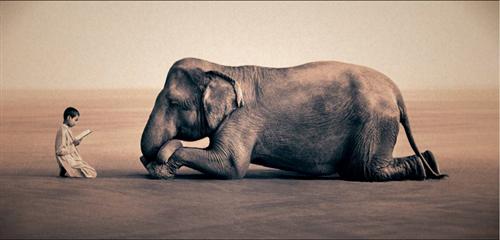
Photo: montville.net
'We live in a world with many complex problems, at all levels, local, regional and global. It is said that education is the key that opens the door to a more harmonious world. The pertinent question is: What kind of education and learning would help us address these challenges and create a sustainable world and a better life for all?
T.S. Eliot posed the question: "Where is the Life we have lost in living? Where is the wisdom we have lost in knowledge? Where is the knowledge we have lost in information?"
Reflecting on the questions above, we are going to need an education system that respects planetary boundaries, that recognises the dependence of human well-being on social relations and fairness, and that the ultimate goal is human well-being and ecological sustainability, not merely growth of material consumption.
The new education model recognises that the economy is embedded in a society and culture that are themselves embedded in an ecological life-support system, and that the economy can't grow forever on this finite planet.
In short, we need to listen to our hearts, re-learn what we think we know, and encourage our children to think and behave differently, to live more in sync with Nature.
If we do this successfully we can become wiser as a species, more “eco-logical.” We and the planet that gave birth to us can be happier and healthier, healed and transformed.'...Our Emotional Inheritance and the need for Emotional Education
All said and done, although, all of us, in our daily lives are facing major crises, uncertainties and challenges, nonetheless, yet, at the same time, we’ve never had a broader canvas on which to sketch big ideas, and try to answer timely and big questions of life and living. With so much of our world turned upside down - from the ways we work, to the things we buy, to the people and experiences we value - we have an opportunity to rethink how our society is organised, and consider how we might wish to do things differently in the future. In this moment, we may find our minds turning to one of the largest questions of all: how we can build a better world for everyone.
In my mind, one of our biggest challenges is to find the proper path of healing, to empower us to discover how we may find the tools we need to build that better world that we are all imagining and hoping for.
I am proud and so happy that in this regard our GCGI has been at the forefront of this path of finding, providing possible answers, solutions to these timely questions and challenges, amongst them, and most importantly, on the role of education to build a better world.
I will highlight more of these a bit later. For now I wish to share a bit from a recent article by George Monbiot with you, very telling and inspiring.
COVID-19 and the lockdowns have reminded us that it’s time to rethink everything. Let's start with education
‘The pandemic is a tough lesson in the workings of the natural world – and proves how vital a knowledge of ecology really is.’
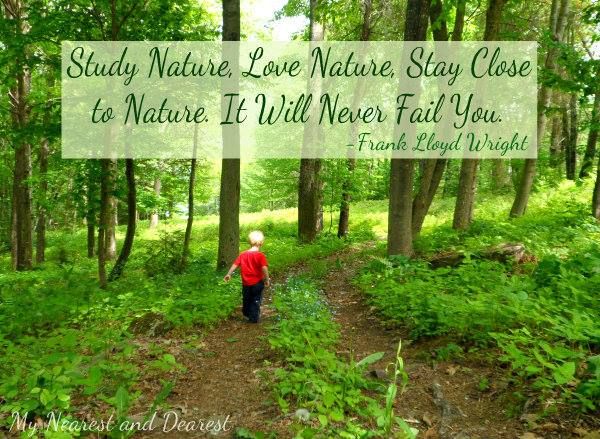
Photo: Pinterest
‘Imagine mentioning William Shakespeare to a university graduate and discovering they had never heard of him. You would be incredulous. But it’s common and acceptable not to know what an arthropod is, or a vertebrate, or to be unable to explain the difference between an insect and spider. No one is embarrassed when a “well-educated” person cannot provide even a rough explanation of the greenhouse effect, the carbon cycle or the water cycle, or of how soils form.
All this is knowledge as basic as being aware that Shakespeare was a playwright. Yet ignorance of such earthy matters sometimes seems to be worn as a badge of sophistication. I love Shakespeare, and I believe the world would be a poorer and a sadder place without him. But we would survive. The issues about which most people live in ignorance are, by contrast, matters of life and death.
I don’t blame anyone for not knowing. This is a collective failure: a crashing lapse in education, that is designed for a world in which we no longer live. The way we are taught misleads us about who we are and where we stand. In mainstream economics, for example, humankind is at the centre of the universe, and the constraints of the natural world are either invisible or marginal to the models.
In an age in which we urgently need to cooperate, we are educated for individual success in competition with others. Governments tell us that the purpose of education is to get ahead of other people or, collectively, of other nations. The success of universities is measured partly by the starting salaries of their graduates. But nobody wins the human race. What we are encouraged to see as economic success ultimately means planetary ruin.
Large numbers of people now reject this approach to learning – and to life. A survey reported this week suggests that six out of 10 people in the UK want the government to prioritise health and wellbeing ahead of growth when we emerge from the pandemic. This is one of the most hopeful results I have seen in years.
I believe that education should work outwards from our principal challenges and aims. This doesn’t mean we should forget Shakespeare, or the other wonders of art and culture, but that the matters crucial to our continued survival are given the weight they deserve. During the lockdown, I’ve been doing something I’ve long dreamed about: experimenting with an ecological education...
...There’s nothing radical about the things we’re learning: it’s a matter of emphasis more than content – of centralising what is most important. Now, perhaps, we have an opportunity to rethink the entire basis of education. As local authorities in Scotland point out, outdoor learning could be the best means of getting children back to school, as it permits physical distancing. It lends itself to re-engagement with the living world. But, despite years of research demonstrating its many benefits, the funding for outdoor education and adventure learning has been cut to almost nothing.
This is the time for a Great Reset. Let’s use it to change the way we see ourselves and our place on Earth. The conservationist Aldo Leopold once wrote that “one of the penalties of an ecological education is that one lives alone in a world of wounds. Much of the damage inflicted on land is quite invisible to laymen.” But if everyone has an ecological education, we will not live alone, and it will not be a world of wounds.’- Read the original article HERE
All said and down, what can we take from Wordsworth and other philosophers of love, eco-warriors, the priests of nature and their relationships to the natural world, human and nonhuman, that can help us as we negotiate our lives in this era of climate crisis, these times of personal and global catastrophes, uncertainties and challenges.’Simple things that we already know but may need to be reminded:
Slow down
Listen
Feel
Sit on a rock or a tree stump or the ground, and just be
Be considerate of others, human and nonhuman; do not judge them before you know them
Care about the place you live in; show it so
Be kind to trees
Be kind to birds
Appreciate small and overlooked things: weeds, mosses, anything other people discount as worthless or ugly (disabled people, poor people)
Lie in a ditch near someone you trust and let the sky roll into you
Listen
Keep Listening
Don’t expect to get it right first time, next time, last time
Forgive yourself for your daily failings
Do nothing when it is right for you to do nothing
Stand up and speak out when it is right to speak out
Always try to be better than you could be
Bring with you a heart that watches and receives
Remember we are greater than we know.’- Polly Atkin, ‘A Heart More Wakeful: Nature Lessons with William Wordsworth'
See also: How Nature Can Make You Kinder, Happier, and More Creative
A Selection of related and inspiring articles from the GCGI Archive
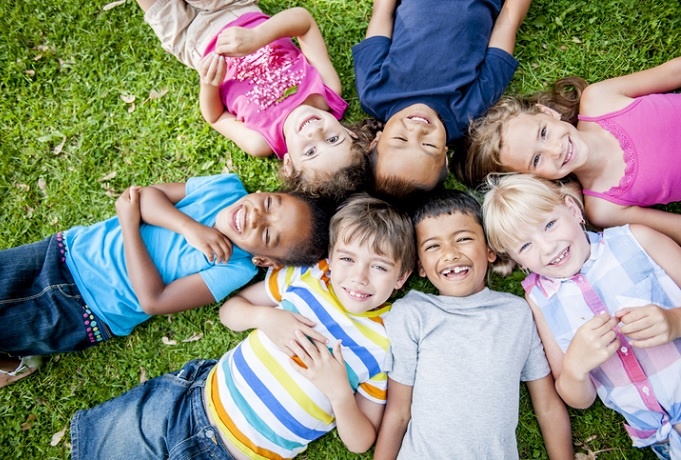
Photo:Parent24
The future that awaits the human venture: A Story from a Wise and Loving Teacher
A Sure Path to build a Better World: How nature helps us feel good and do good …
Finding sanctuary in poetry during lockdown
The healing power of ‘Dawn’ at this time of coronavirus crisis
Coronavirus and the New Tapestry of Life: The time is now to rediscover our true selves
Coronavirus and Easter: Message Remains the Same
Celebrating the joyous Spring with Hopkins and Wordsworth
The beauty of living simply: the forgotten wisdom of William Morris
Are you physically and emotionally drained? I know of a good and cost-free solution!
The GCGI-SES Lucca Forum: Here's to 2018, Our Journey of Hope, caring for Our Sacred Earth
Worshiping “economism” with no time for natural beauty: Pity the lot of us
The Journey to Sophia: Education for Wisdom
Nature is the model to teach business how to thrive
Small is Beautiful: The Wisdom of E.F. Schumacher
What if Universities Taught KINDNESS?
Neoliberalism destroys human potential and devastates values-led education ...
Kamran Mofid, Keynote Lecture, GCGI Dubai Conference, 2004
What might an Economy for the Common Good look like?
What is the Value of MBA and Business Education?
Is Neoliberal Economics and Economists 'The Biggest Fraud Ever Perpetrated on the World?'
The Destruction of our World and the lies of Milton Friedman
The Value of Values: Values-led Education to Make the World Great Again
Ten Steps to Build a Better World
GCGI is our journey of hope and the sweet fruit of a labour of love. It is free to access, and it is ad-free too. We spend hundreds of hours, volunteering our labour and time, spreading the word about what is good and what matters most. If you think that's a worthy mission, as we do—one with powerful leverage to make the world a better place—then, please consider offering your moral and spiritual support by joining our circle of friends, spreading the word about the GCGI and forwarding the website to all those who may be interested.
'Fall in love with life and the living and the world will be a better place.'- Kamran Mofid
